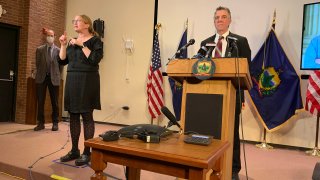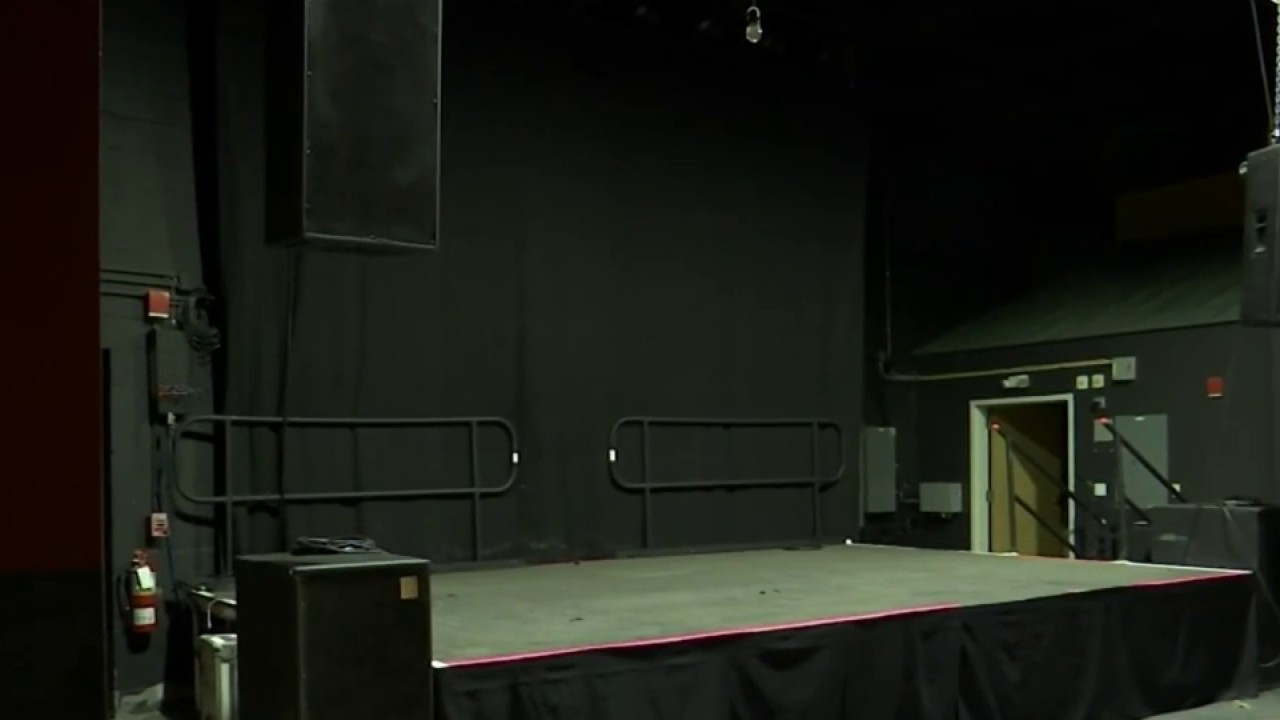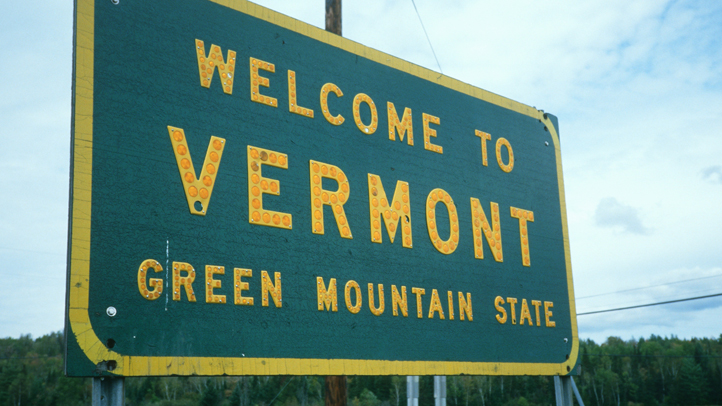
Gov. Phil Scott is implementing quarantine requirements for anyone traveling to Vermont and deploying state police and other officials to conduct compliance checks amid a spike in coronavirus cases.
"I know it's disappointing, but it's more important than ever to be vigilant, to wear a mask, stay six feet apart, avoid non-essential gatherings and follow our travel policy," Scott said. "We can change our trajectory, but we'll need to dig deep and double our efforts so we can protect the most vulnerable and keep our schools and economy open."
Anyone entering Vermont is now required to quarantine for 14 days or for seven days with a negative test after Scott suspended the state's travel map Tuesday, which allowed people from counties with low levels of community spread to visit without restrictions.
Scott is deploying assets including the state police, the division of fire safety, the Department of Liquor and Lottery and potentially local and county officials to conduct compliance checks. Officers in plainclothes will conduct randomized compliance and education assessments, officials said Tuesday, with a focus on locations frequented by out-of-state visitors, lodging facilities and indoor settings.
Statewide checks will start this week, on Nov. 12, to get an idea of the baseline level of compliance when it comes to coronavirus health and safety rules at certain types of businesses. The state may implement additional education strategies or take action if deemed "appropriate," officials said.
Local and state law enforcement will also begin distributing COVID-19 safety cards next week during all traffic stops statewide as an added effort to educate people.
The state policy for essential travel remains the same. People traveling for work or school, medical care, personal safety, shared child custody, or to get food not are not required to quarantine.
"If you don't need to travel right now, don't," Scott said.
Health officials are also strengthening the state's testing program in an effort to find cases as quickly as possible.
Vermont has long been just about the healthiest state in the nation during the pandemic. However, new infections have been ticking up in both rural and urban areas, according to the Vermont Health Department.
"We're not in the same place today as we've been over the last several months," Scott said.
Vermont reported nearly 200 coronavirus cases this week - one of the highest weeks recorded since the spring. Case numbers have gone up over the last 11 weeks. Health officials are projecting that trend to continue, estimating a 105% increase in coronavirus cases over the next six weeks.
"Many have become more lax because the risk has been so low. But we continue to see a rise in cases, which shows the risk is higher than what we're used to," Scott said. "We're a victim of our own success."
The more stringent coronavirus restrictions come after after the state reported its first fatality since July on Saturday, which brought the virus death toll in Vermont to 59 people. Scott urged vigilance in a Tweet Sunday.
The death over the weekend followed a stark warning from health officials Friday over an increase in the spread of coronavirus in Vermont, including among groups of friends or other close connections.
The virus often spreads between friends in small social gatherings at home, Vermont's health commissioner pointed out last week.
Levine and Scott issued an advisory Friday to limit gatherings to 10 or fewer people. Levine described the coronavirus as "opportunistic" when it comes to spreading among people.
The health commissioner also said Friday he sees now as the time to get serious about rethinking Thanksgiving and other traditions — encouraging Vermonters to slash travel and keep get-togethers small.



